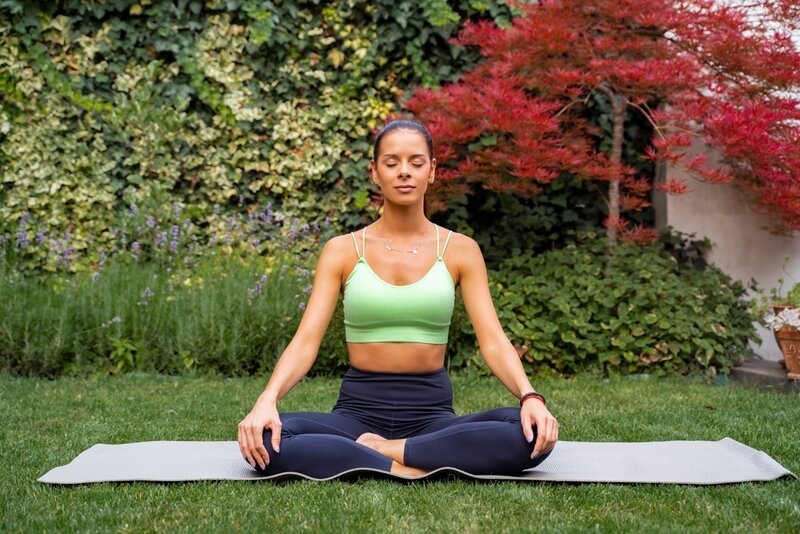Useful Links
live to your full potential
Return to your energy and vibrancy by balancing your physical health, mental clarity, emotional wellbeing and spiritual alignment.
Return to your energy and vibrancy by balancing your physical health, mental clarity, emotional wellbeing and spiritual alignment.

Breaking free from unhealthy habits requires self awareness, commitment and gradual change. Identifying triggers and applying the S.M.A.R.T framework will help you replace habits that don’t serve you into habits that enrich your life
Changing habits is one of the most challenging yet rewarding endeavors in personal development. Whether you want to improve your productivity, adopt a healthier lifestyle, or break free from negative patterns, having the right strategies in place is crucial. This is where expert guidance, like that from Marianne Olk Habit Change Specialist Service, can make all the difference. With a structured approach and proven techniques, individuals can implement sustainable changes that lead to long-term success.
Habits are automatic behaviors shaped by repetitive actions. They are governed by a three-step loop:
By understanding these steps, we can identify which habits serve us and which hinder our progress. Marianne Olk Habit Change Strategies Service focuses on reprogramming these loops for positive results.
Everyone’s journey toward change is unique, which is why a one-size-fits-all approach rarely works. Personalised Habit Change Coaching Service Orange NSW offers tailored strategies to address individual needs. With expert support, clients can:
One of the biggest mistakes people make when attempting habit change is aiming too high too quickly. The best way to make a habit stick is to start with small, manageable steps. For example, instead of committing to an hour of exercise daily, begin with just five minutes and gradually increase the duration.
Habit stacking involves linking a new habit to an existing one. This technique helps integrate changes seamlessly into daily routines. For instance:
Vague goals often lead to failure. Instead of saying, “I want to exercise more,” set a concrete plan like, “I will go for a 15-minute walk every morning at 7 AM.” Specificity increases commitment and success rates.
Keeping a habit tracker boosts motivation and accountability. Whether using a digital app or a physical journal, tracking progress helps individuals stay on course and make adjustments as needed.
Your surroundings play a significant role in habit formation. To encourage positive habits:
Conversely, making undesirable behaviors inconvenient can reduce their occurrence. For instance, removing junk food from your home makes unhealthy snacking less accessible.
Accountability partners or coaches can provide the necessary motivation to stay consistent. Marianne Olk Productivity Habits Service Orange NSW offers expert guidance to ensure clients remain committed to their goals.
Despite best efforts, setbacks are inevitable. Here’s how to navigate them:
Instead of viewing slip-ups as failures, consider them part of the learning process. Analyze what led to the lapse and adjust strategies accordingly.
Missing one workout or indulging in an unhealthy meal doesn’t mean you’ve failed. The key is to get back on track without self-judgment.
Life circumstances change, and so should your habit plan. Adjusting strategies based on new situations helps maintain progress without unnecessary frustration.

Having professional guidance significantly increases the chances of success. Marianne Olk Habit Change Specialist Service provides:
By enrolling in Personalised Habit Change Coaching Service Orange NSW, individuals gain access to expert knowledge, accountability, and a structured approach to achieving their desired results.
Changing habits is a gradual process that requires dedication, the right strategies, and consistent support. Marianne Olk Habit Change Strategies Service offers a comprehensive, science-backed approach to help individuals transform their lives. By implementing small, strategic changes and seeking expert guidance, anyone can cultivate lasting habits that drive success.
If you’re ready to take the next step in habit transformation, explore the expert coaching services at Marianne Olk website today!